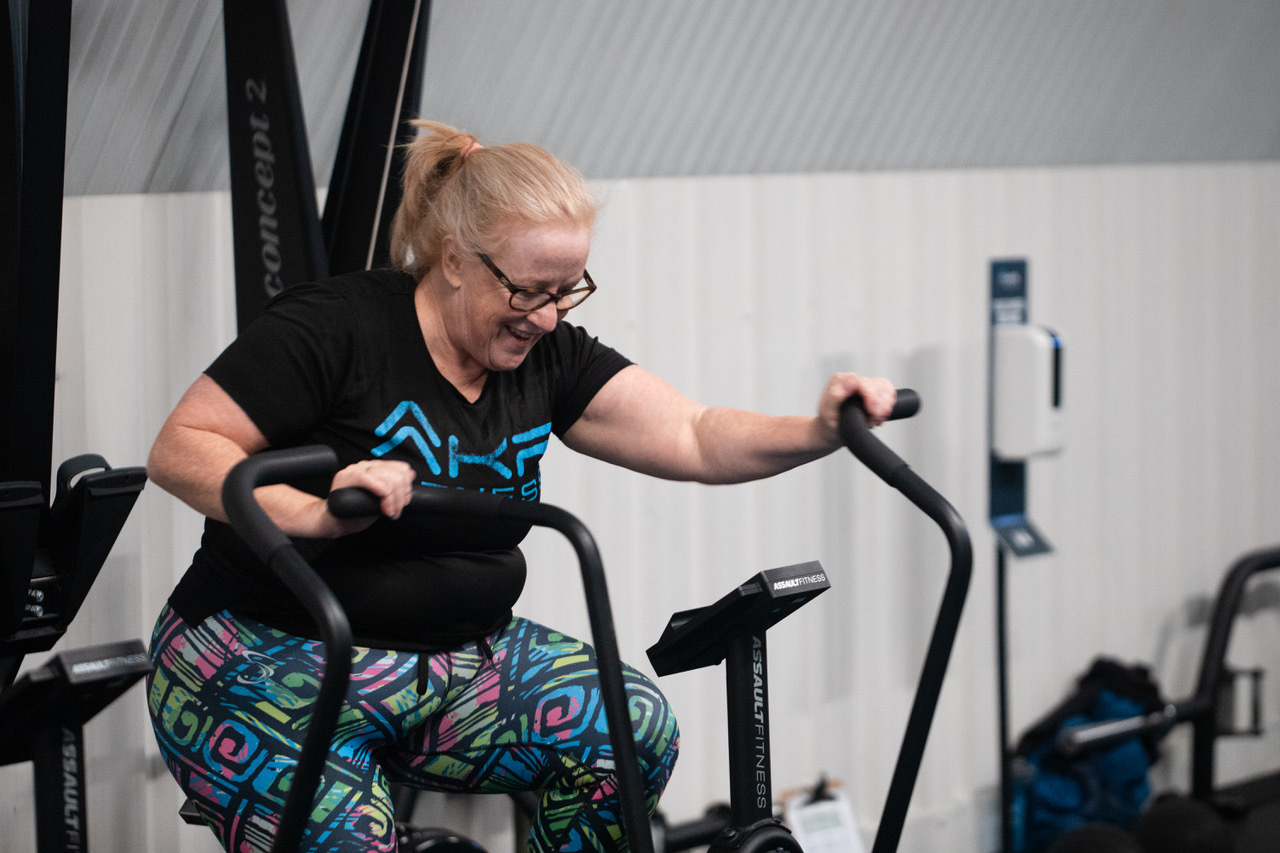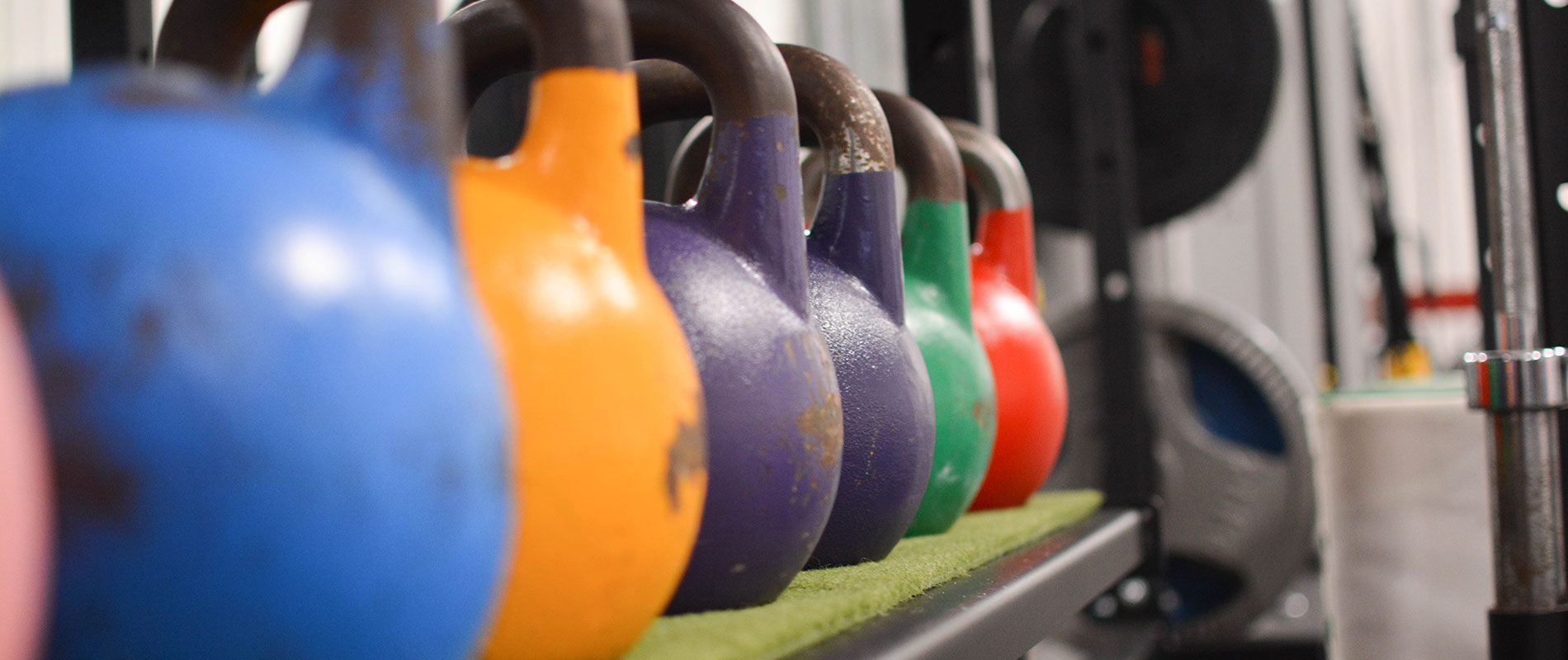5 Uncommon ways to stay on track with your health & fitness

Fitness is frustrating.
From time-to-time, you recommit. But sometimes it feels like a lot of effort doesn’t get you very far.
It can feel so hard to stick at it.
And if you fall off for a few weeks, it feels like it all disappears.
The good news is that it doesn’t need to be that way.
And the hard truth is… giving up completely on your health and fitness isn’t really an option.
That being the case, here are 5 uncommon ways to stay on track.
1. Focus on the fundamentals
Oh, how we get drawn into the gimmicks and fads!
What we don’t always see is how these gimmicks and fads promote the very stop-start cycles that are the cause of our anguish.
Before looking for answers elsewhere, consider how you’re doing on the basics:
- Getting plenty of low-level movement (walking!) and fresh air in.
- Doing some exercise each week (above just walking).
- Respecting your sleep with a somewhat consistent routine (where possible).
- Consistently eating normal, balanced meals.
If you’re not doing some of the above. That’s your place to start. Try not to overcomplicate or overthink it. Try not to look for sexier solutions.
Just focus on the fundamentals.
2. Chunk things down.
Time >> Blocks
Part of the appeal of diets and fads is the short-term feel of them. Six weeks to [insert goal] feels manageable.
Looking after your health and fitness forever – although the real solution – doesn’t feel so manageable. It’s too long a time period. It’s difficult to focus and stay motivated.
Even a year is too long. Resolutions get forgotten and we drift.
The solution is to chunk down the time.
Forget the year and focus on the next 90 days.
Each quarter can then be broken down to 3 months. Months can be broken into weeks. Weeks to days.
Suddenly you have focus without the fads.
Goals >> Skills
As well as time, goals can be broken down into skills.
As an example, let’s say your goal is to lose weight. What are the skills you need to get good at?
They may include meal planning, eating mindfully, tuning in to hunger/fullness, recognising your energy, emotions and coping strategies, being flexible, moving more, learning to rest, etc.
Break your goal down into a set of fundamental skills (or behaviours) to practise.
Then focus on practising that skill (or skills) for a chunk of time.
3. Check in frequently.
At the end of your time chunk, check-in to see how you’re doing.
Use small time chunks – days and weeks – to track your skill. And large time chunks – months and quarters – to review and adjust.
Example:
Your goal is to lose weight.
You decide to focus on the following:
- Movement: At least 10,000 steps p/week.
- Nutrition: Eating 3-4 meals p/day without snacking.
- Sleep: Not using your phone in bed.
Every day you note whether or not did your nutrition and sleep practice. Every week you record your step total.
At the end of the month you score yourself on your behaviours. And you note if it made a difference on the outcome – your weight.
Assuming it was a bumpy first month, you seek to improve for the next month. (Progress not perfection, right?!)
At the end of the quarter you review.
Did you do what you set out to do?
Did it lead to the outcome you wanted?
4. Don’t take it personally.
If it worked, great!
If it didn’t, try not to take it personally. Yes, I can see that it is personal. But there’s no need to beat yourself up. You have other options:
- Re-commit to the skill/behaviour.
- Adjust the skill/behaviour to make it easier to succeed.
- Pick a different skill/behaviour that is still relevant to your goal. (e.g. instead of focussing on 3-4 meals p/day, you focus on eating slowly or eating more vegetables).
- Re-consider your goal. (Maybe you forget about losing weight for a while and focus instead on building strength or endurance).
5. Begin again.
Everybody struggles. Everybody falters and fails and falls off track sometimes.
Begin again.
Giving up on your health and fitness is not an option. It’s not a path that will lead you anywhere but regret.
Begin again.
It can be hard to get back on the horse. Many people feel self-conscious or even ashamed if they’ve gained weight or lost fitness.
Begin again.
You have a fresh time block. A new quarter, a new month. Don’t wait until the new year.
Begin again.




Sorry, the comment form is closed at this time.